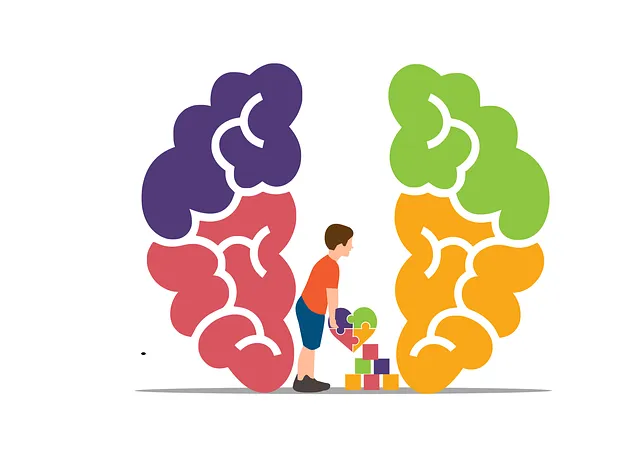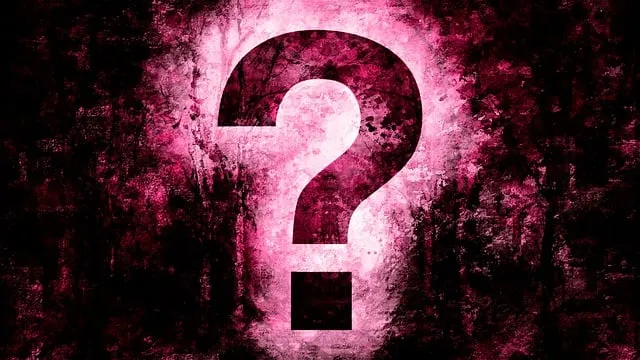The Lone Tree Kaiser Permanente Mental Health Access Center serves as a 24/7 safety net for mental distress, offering expert guidance and resources via phone, text, or chat. Their tailored programs cater to diverse communities, empowering individuals with coping skills through confidential hotlines, online resources, and community outreach. This center revolutionizes emotional support, particularly for younger people in remote areas with limited access to traditional mental healthcare.
In today’s fast-paced world, mental health crises can strike at any moment, demanding immediate support. Understanding the need for crisis hotlines is crucial in addressing these urgent situations. This article explores the vital role played by institutions like the Lone Tree Kaiser Permanente Mental Health Access Center in providing 24/7 assistance. We delve into how to access these services, common challenges faced, and their innovative solutions. Additionally, we discuss the impact of crisis hotline programs and their potential future directions, highlighting the significance of such initiatives for overall well-being.
- Understanding the Need for Crisis Hotlines
- The Role of Lone Tree Kaiser Permanente Mental Health Access Center
- How to Access These Services
- Common Challenges and Solutions in Crisis Support
- Impact and Future Directions of Crisis Hotline Programs
Understanding the Need for Crisis Hotlines

In today’s fast-paced and often stressful world, mental health crisis hotline support services play a pivotal role in ensuring folks have access to immediate assistance when facing emotional distress or psychological emergencies. These hotlines, such as those offered by Lone Tree Kaiser Permanente Mental Health Access Center, provide a crucial safety net for individuals who might otherwise struggle alone. They offer not just a listening ear but also expert guidance, risk assessment for mental health professionals, and valuable resources for managing acute mental health crises.
Understanding the need for these services is recognizing that anxiety relief isn’t merely a momentary fix; it’s about empowering people with the tools to navigate their mental wellness journeys effectively. By offering 24/7 support, crisis hotline centers ensure that no one is left unattended during times of heightened vulnerability. Whether through phone calls, text messages, or online chats, these services foster open communication, enabling individuals to seek help without stigma and receive evidence-based solutions tailored to their unique circumstances, including guidance on mental wellness journaling exercises for self-care and tracking anxiety relief progress.
The Role of Lone Tree Kaiser Permanente Mental Health Access Center

The Lone Tree Kaiser Permanente Mental Health Access Center plays a pivotal role in providing immediate crisis intervention guidance to individuals experiencing mental health emergencies. With its dedicated team of mental health professionals, the center offers 24/7 support, ensuring that those in distress receive timely assistance. This service is particularly crucial for remote or rural areas where access to mental healthcare facilities might be limited.
Beyond crisis intervention, the center fosters cultural sensitivity in mental healthcare practice, recognizing that diverse populations have unique needs and experiences. They provide resources and programs tailored to various cultural backgrounds, promoting inclusive care and improving coping skills development. This holistic approach ensures that individuals not only receive immediate relief but also develop long-term strategies to manage their mental health effectively.
How to Access These Services

Accessing mental health crisis hotline support services is a crucial step in prioritizing your well-being. If you find yourself facing a mental health crisis, whether it’s a sudden surge of distress or an ongoing struggle, the Lone Tree Kaiser Permanente Mental Health Access Center offers a dedicated line for immediate assistance. You can reach out to them by calling their hotline number, which is specifically designed to provide swift and confidential support.
The center understands that seeking help is a courageous act, and they aim to make this process as seamless as possible. By dialling the helpline, you’ll connect with trained professionals who can offer guidance, conduct risk assessments (if necessary), and even facilitate connections to longer-term mental wellness coaching programs. They are equipped to handle various concerns, from managing anxiety and depression to dealing with traumatic events, ensuring that you receive tailored support for your unique situation.
Common Challenges and Solutions in Crisis Support

The mental health crisis hotline support services face several challenges in providing effective assistance to individuals in distress. One significant hurdle is ensuring accessibility, especially for those in remote areas or facing barriers like social stigma. Lone Tree Kaiser Permanente Mental Health Access Center serves as a model by bridging this gap through various initiatives. They offer 24/7 hotlines, online resources, and community outreach programs to make crisis support more readily available.
Another challenge is the complex nature of mental health crises, which often requires a multifaceted approach. Mental health professionals employ sophisticated risk assessment tools to gauge potential hazards. The Risk Assessment for Mental Health Professionals plays a crucial role in determining the level of care needed. Furthermore, effective communication strategies are vital. Training in active listening and empathetic dialogue enhances the hotline’s ability to connect with callers. Additionally, well-designed Mental Health Education Programs can equip individuals with coping mechanisms, thereby reducing the reliance on crisis hotlines over time.
Impact and Future Directions of Crisis Hotline Programs

Crisis hotline programs have made significant strides in enhancing mental health access, especially for individuals who may feel isolated or desperate. These services provide an immediate safety net, offering confidential support and guidance to those in distress. With dedicated professionals available 24/7, hotlines break down barriers by ensuring help is just a phone call away, fostering emotional regulation and promoting mental wellness journaling exercises for self-care.
Looking ahead, future directions for crisis hotline programs include integrating technology for digital accessibility and expanding community partnerships to reach underserved populations. By leveraging online platforms and social media, hotlines can cater to the growing need for mental health awareness, especially among younger demographics. The Lone Tree Kaiser Permanente mental health access center serves as a model for innovative practices, aiming to revolutionize emotional support through both traditional and modern approaches.
Crisis hotline support services, such as those provided by the Lone Tree Kaiser Permanente Mental Health Access Center, play a pivotal role in addressing the urgent need for mental health assistance. By offering accessible and confidential resources, these centers ensure that individuals facing crises can receive timely intervention and guidance. With ongoing challenges like stigma and limited access to care, continuous innovation and collaboration are essential. Future developments should focus on expanding reach, integrating technology, and fostering community partnerships to further optimize crisis support and improve overall mental well-being.


